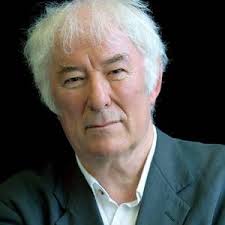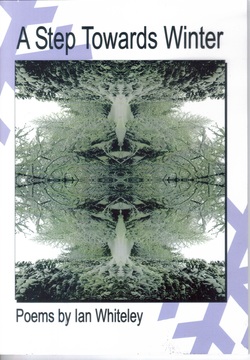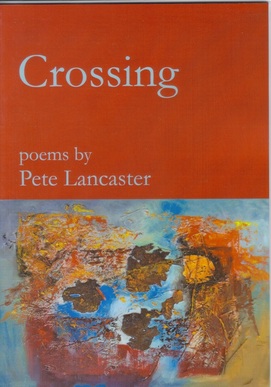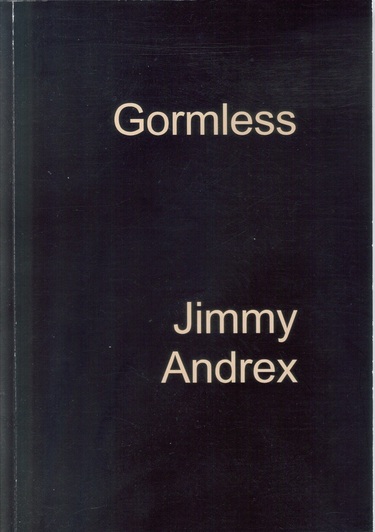Those who saw her at the Wakefield LitFest in September 2013 were no doubt slightly astonished that a poet of such standing should be appearing in Wakefield at all. (Gosh, maybe this city which scarcely honours its literary alumni of David Storey and Stan Barstow does have some pull after all!) But that audience will also remember the almost incessant wailing of sirens as the emergency services sped along the road outside and the venue itself, an un-let, modern-build retail premises, hardly spoke of good cheer and welcome. Accordingly, Duffy's reading was highly competent and efficient - a performance which brooked no argument.
Last night though, in the congenial surroundings of the Orangery, the guest appeared to be much more relaxed from the outset, extending the introduction to her poems and revealing autobiographical snippets. If an author volunteers information about how she learned about the facts of life from a snotty-nosed rough kid behind the bike sheds, or how she encountered a flasher in the woods when she was just a little too far from home, of course you are going to sit up and pay attention, but more so if she gives a direct answer to the question what is your favourite poem of the poems you have written?
I've always had affection for Warming Her Pearls, or the more bilious, Havisham, and I did wonder what her answer would be. It was in fact A Child's Sleep and then the poem was read and afterwards the natural reaction would be to say, of course.
"I stood at the edge of my child's sleep."
All of you who have sweated over how to write the first line of a poem please take note of the simplicity and engaging qualities of the line above. Immediately we are in Frost at Midnight country where the child's sleep is likened to a small wood, a place which is "perfumed with flowers" and is also "dark, peaceful, sacred." In sleep the child evades the categorisations of time and history, or is this just the thoughts of the watching parent? The thoughts of any parent watching over their sleeping child? It might well be so as the poem opens out towards its ending to embrace a universality, to "the greater dark/outside the room" where we are all subject to the maternal wisdom of the moon. Beautiful, beautiful, beautiful.
Tenderness, not a quality you would normally associate with the author of Education for Leisure or the aforementioned Havisham, but last night Carol Ann Duffy was intent upon showing her full emotional range: the autobiographical recollections of moving to England at an early age, the visualisation of her mother's life before she became a mother, the playfulness of The Counties and Mrs Schofield's G.C.S.E. as well as the heart-breaking Premonitions.
So much giving and yet I wanted more. This is surely a good sign in a poetry reading when I can think of many occasions when I have longed for the opposite. My other lasting response was that I had witnessed a reaffirmation of the power of the spoken word. We were treated to a selection of devastatingly effective poems given a further dimension by a presentation which was choc full of integrity.
And yes, we got the Meryl Streep as Prime Minister joke again. It was like being in the presence of an old friend. A nice thought.






 RSS Feed
RSS Feed
